CCAC: Emissions reduction targets 'will need to be revised upwards'
While the agreed sectoral emissions reduction targets are an "important milestone", the announced figures are problematic, the chair of the Climate Change Advisory Council (CCAC), Marie Donnelly has said.
The quantified emissions reductions announced yesterday (Thursday, July 28), only amount to a 43% cut of emissions across the economy, instead of 51% as outlined in climate law.
"The Climate Action Plan 2023, due later this year, will need to set out the precise actions and steps that will need to be followed in order to align with the ambition of the carbon budgets," she said.
Donnelly added that the carbon budgets determine the level of greenhouse gases (GHGs) that may be emitted in Ireland in a five-year period.
A 25% emissions reduction target was set for the agriculture sector by the coalition government parties yesterday, following lengthy discussions in recent months and weeks.
Ag Climatise, the roadmap to climate neutrality for Irish agriculture, must be reviewed and strengthened in line with the 25% reduction target to support family farms, the CCAC chair said.
The government also set emissions reduction targets for the electricity; transport; buildings (commercial and public; and residential); and industry sectors at 75%; 50%; 45%; 40%; and 35% respectively.
The emissions ceiling for the Land-Use, Land-Use Change and Forestry (LULUCF) sector has been deferred for 18 months to allow for the completion of the Land-Use Strategy.
The CCAC chair welcomed the increased ambition to generate renewable energy, including off-shore wind; solar PV; green hydrogen; and biomethane, as Ireland's energy security must be strengthened to combat cost increases and the climate crisis.
To reduce and ultimately eliminate Ireland's reliance on fossil fuels, the CCAC made the following recommendations:





